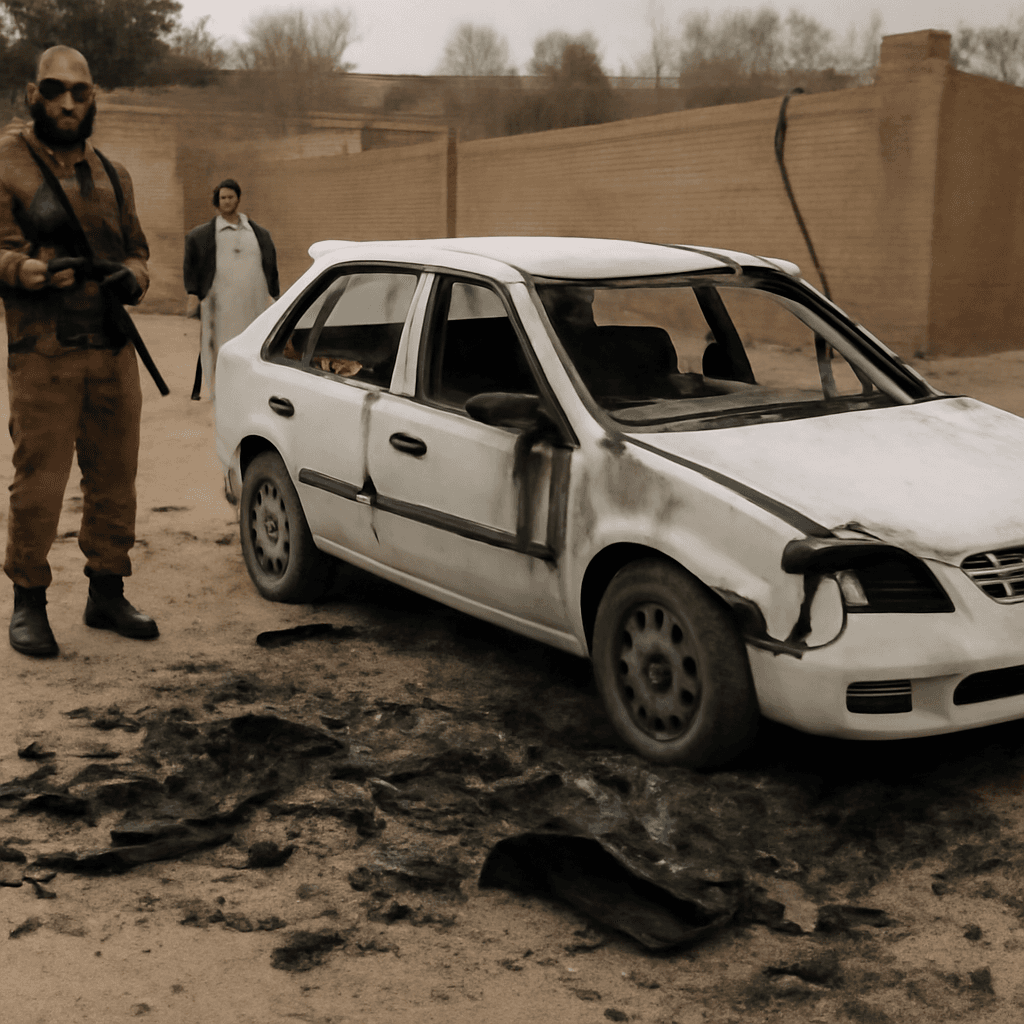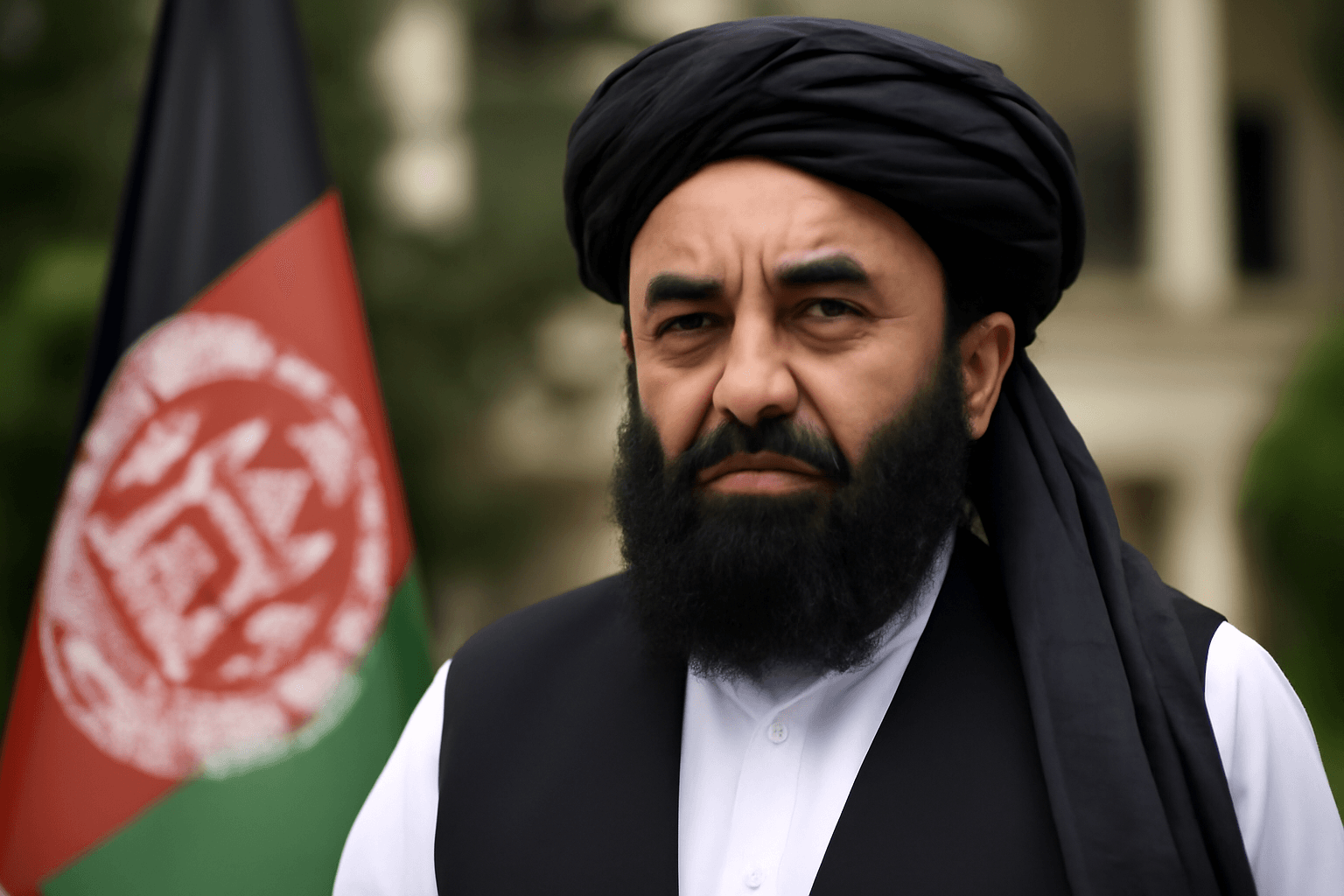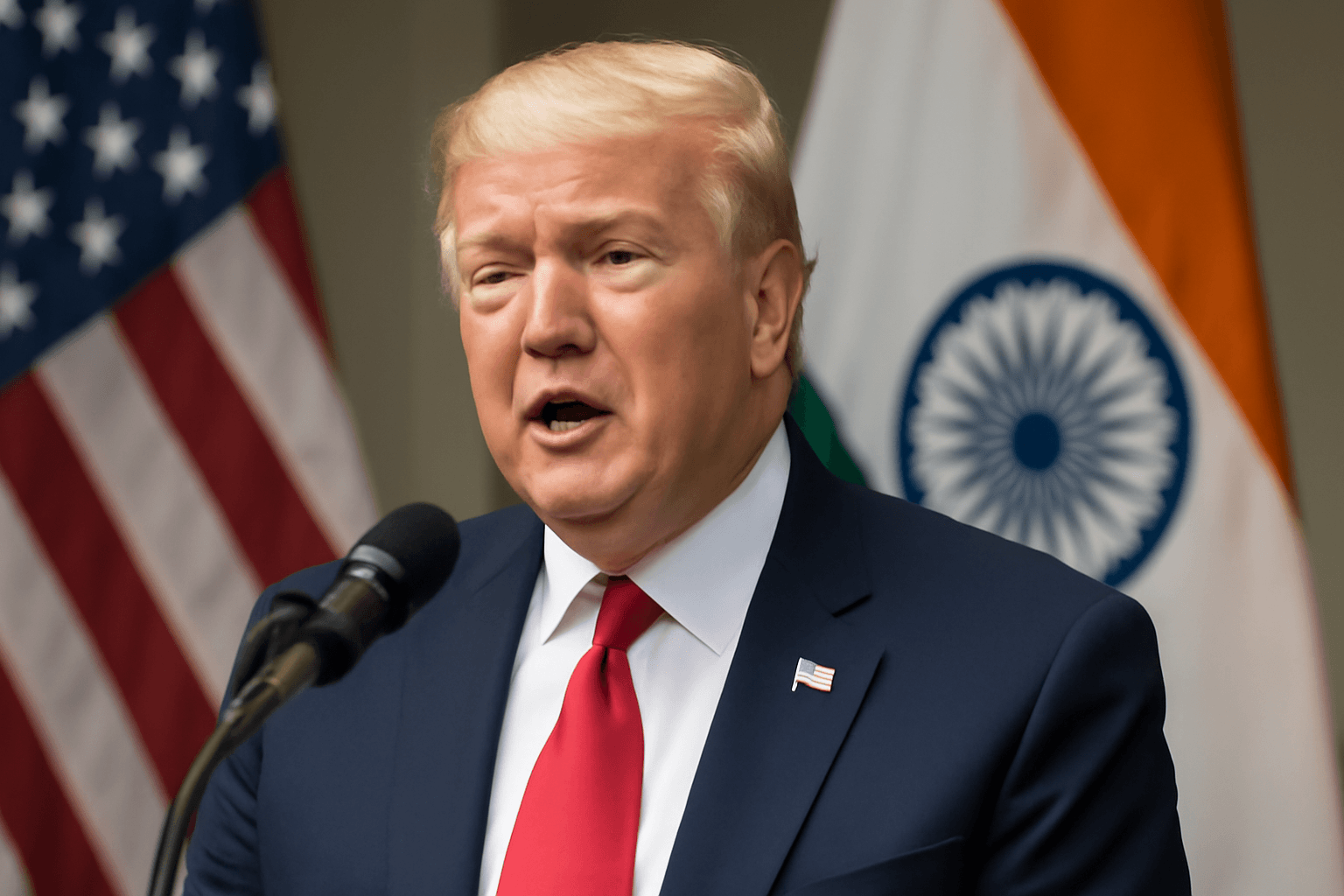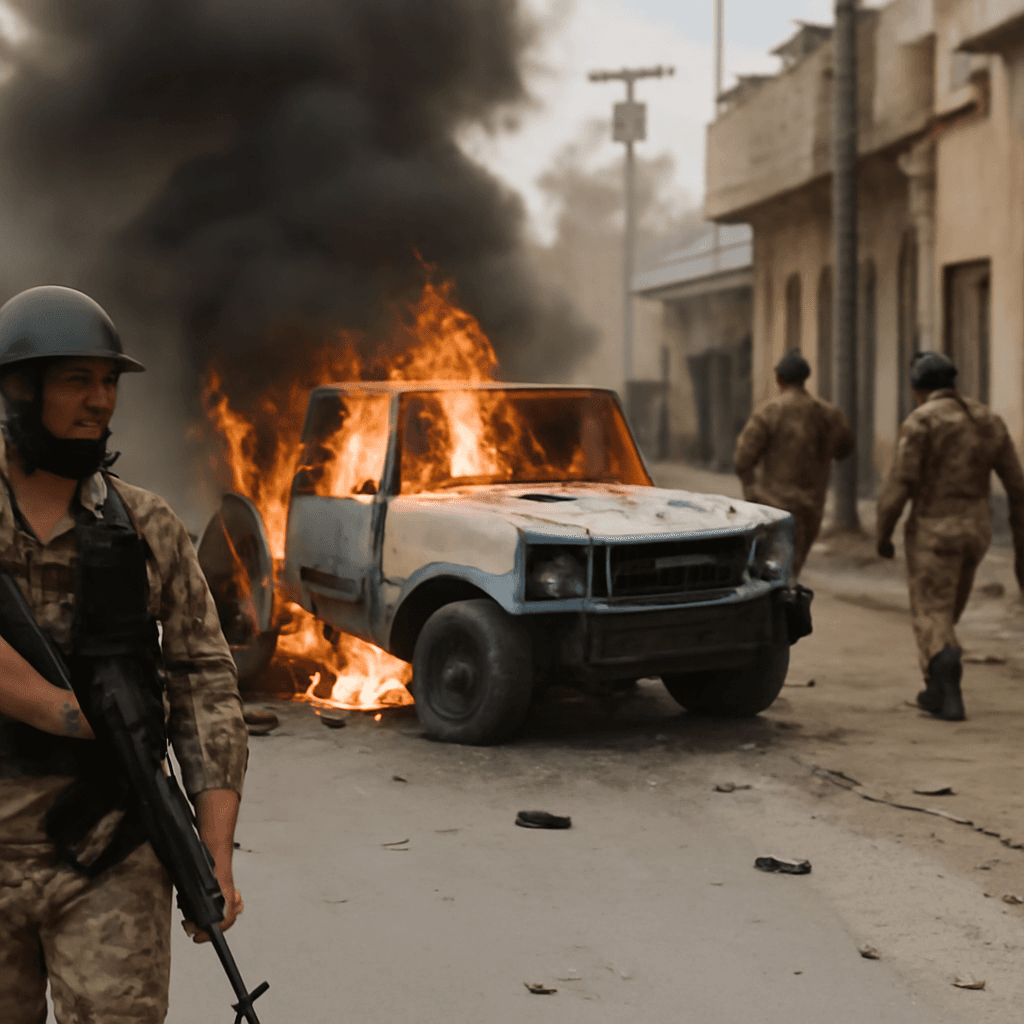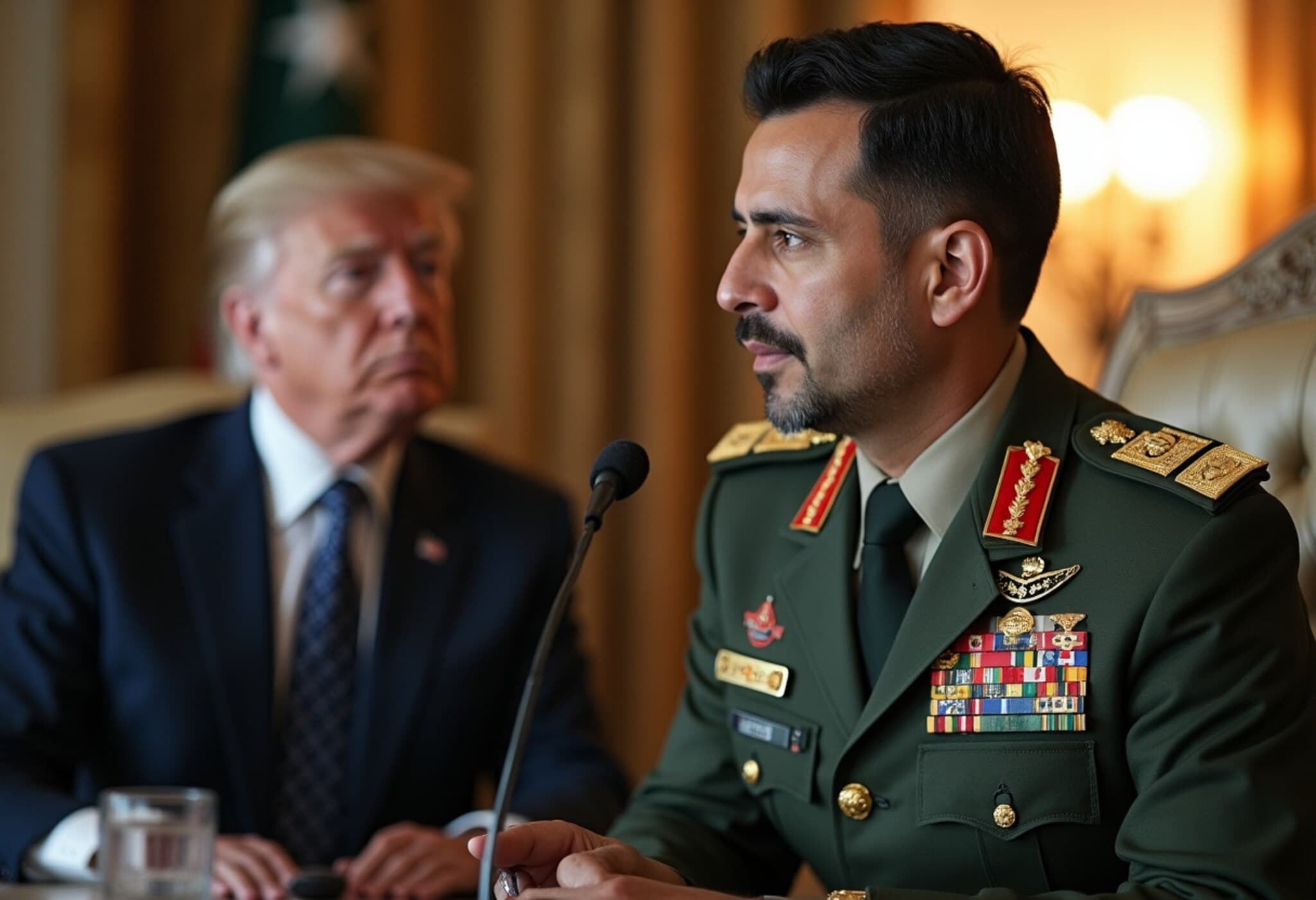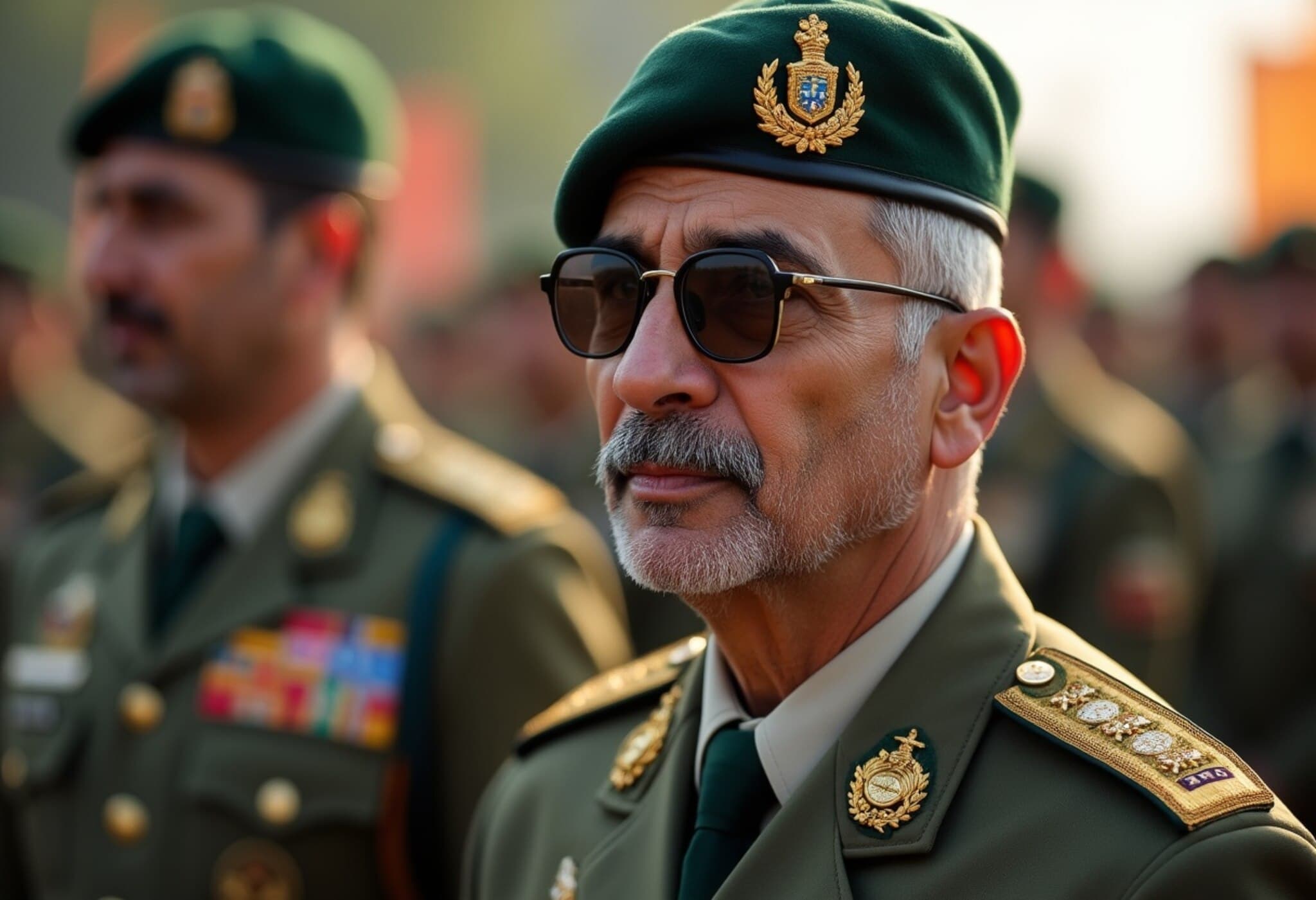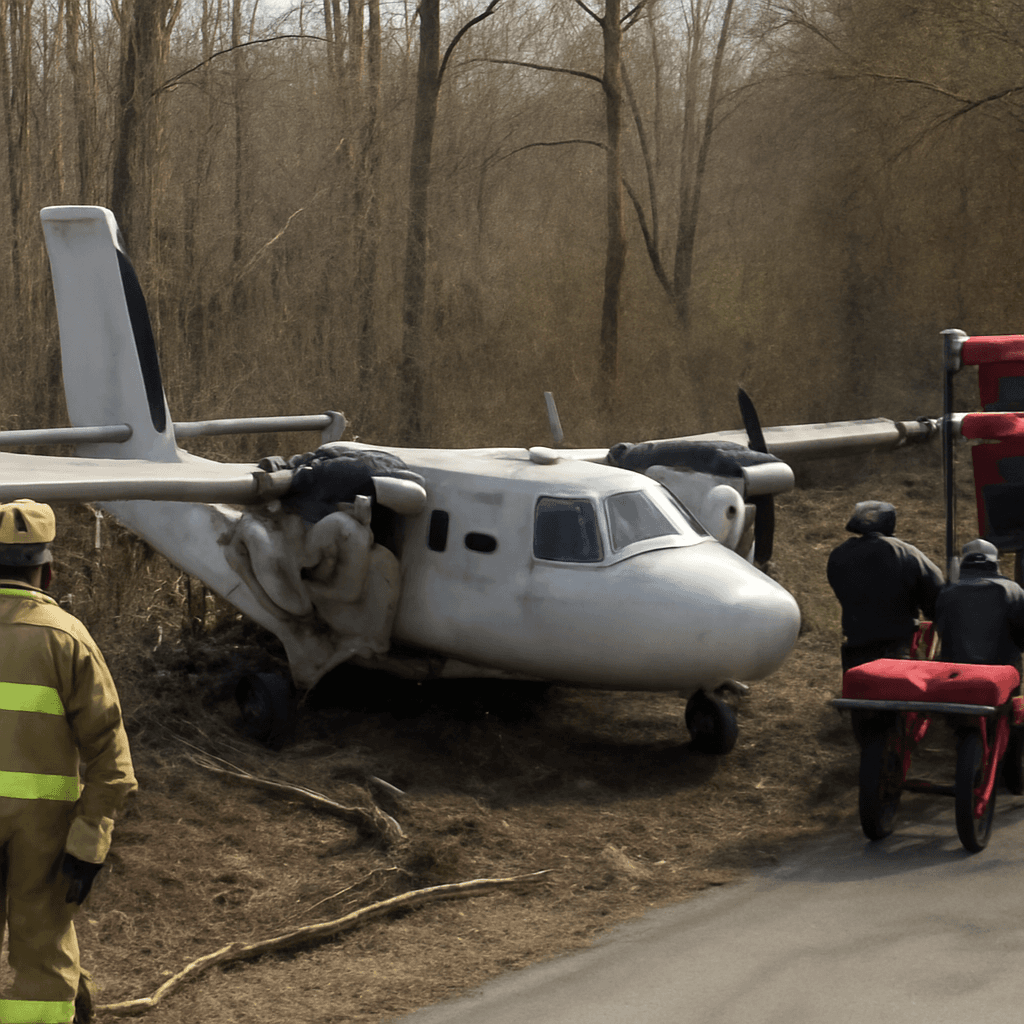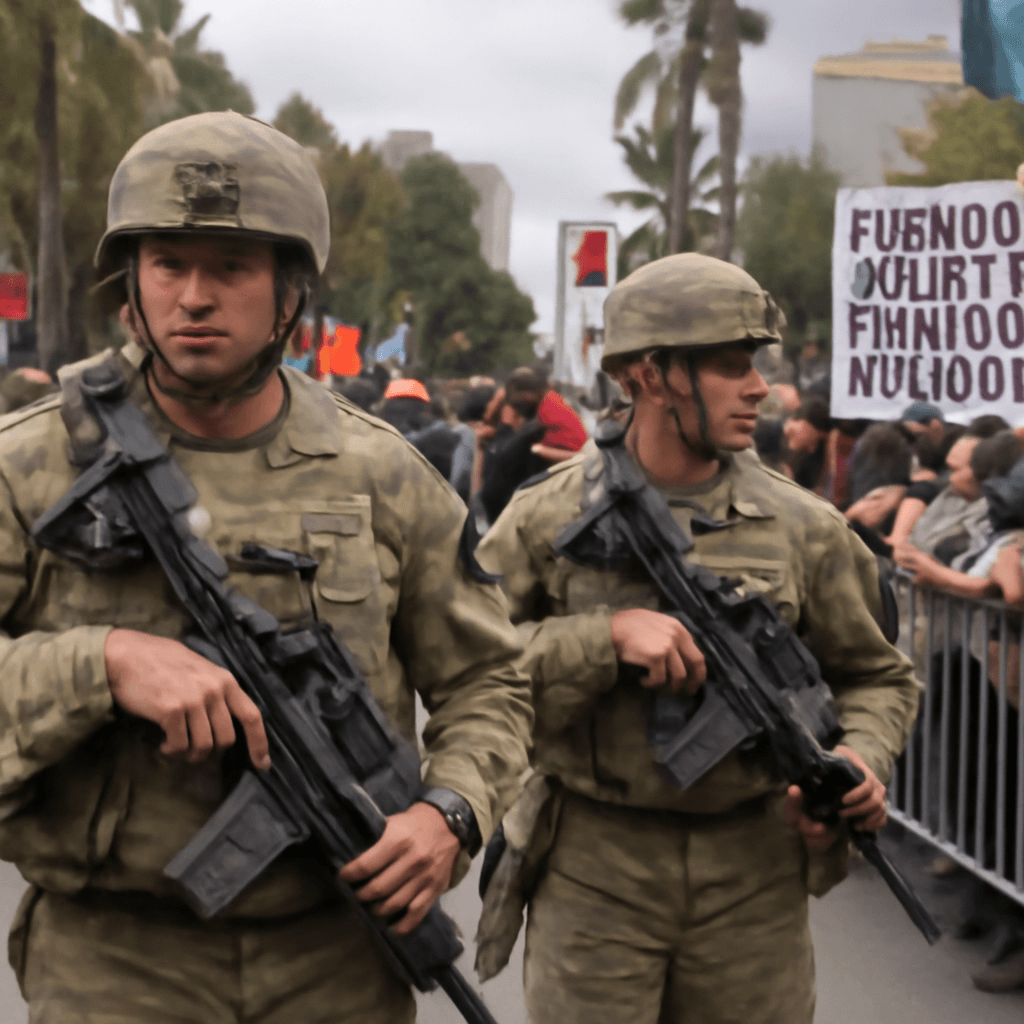Balochistan Conflict Escalates with BLA's Deadly Attack
The Baloch Liberation Army (BLA), an armed separatist group operating in Pakistan-administered Balochistan, has claimed responsibility for a sophisticated remote-controlled IED attack that resulted in the death of Muhammad Ameen, a key figure allegedly linked to a Pakistan Army-backed killing squad.
The Incident and Target
The attack, which took place recently in the Zamuran region of Balochistan, targeted Ameen and his son, Naveed Ameen. According to a BLA spokesperson, the duo was traveling in a truck when BLA fighters detonated the improvised explosive device remotely, destroying the vehicle and killing both father and son.
The BLA accuses Muhammad Ameen of orchestrating a range of military operations, including enforced disappearances and targeted assassinations of civilians, especially young locals, in the region. They describe him as an agent complicit with Pakistani military aggression and suppression in the province.
Allegations Against the So-Called ‘Killing Squad’
In its statement, the BLA detailed that the killing squad led by Ameen operated with impunity, evading conventional oversight and engaging in illicit activities like drug trafficking. Notably, the group is blamed for the deaths of BLA fighters in prior confrontations.
New Controversial Law Fuels Tensions
This attack comes amid heightened unrest following the recent passage of the Counter-Terrorism (Balochistan Amendment) Act 2025 by the Balochistan Assembly. The legislation empowers military and intelligence agencies to detain individuals for up to 90 days without formal charges, basing detention solely on suspicion.
- Expanded powers for Joint Investigation Teams (JITs) to issue detention orders.
- Authorization for ideological profiling of suspects.
- Military officials gaining a seat on oversight panels, diluting civilian authority.
Human rights advocates and legal experts have criticized this law, arguing it undermines judicial safeguards and effectively legalizes enforced disappearances and extrajudicial actions against Baloch civilians.
Background of the Balochistan Conflict
For decades, the Pakistani government’s heavy military presence and operations in Balochistan have fueled resentment and separatist movements, culminating in persistent armed insurgencies led by groups like the BLA. This cycle of violence has caused significant civilian casualties and displacement, entrenching mistrust and regional instability.
Military-backed paramilitary groups accused of human rights abuses have been a contentious issue throughout the conflict, with the BLA positioning itself as a resistance force against such oppression.
What’s Next?
The killing of Muhammad Ameen is likely to intensify confrontations between Baloch militants and Pakistani security forces, with potential repercussions for the region’s fragile peace. The new anti-terror legislation may further complicate matters, possibly exacerbating tensions between the state and the Baloch population.
As the situation unfolds, monitoring the humanitarian and political impact on Balochistan remains crucial.

